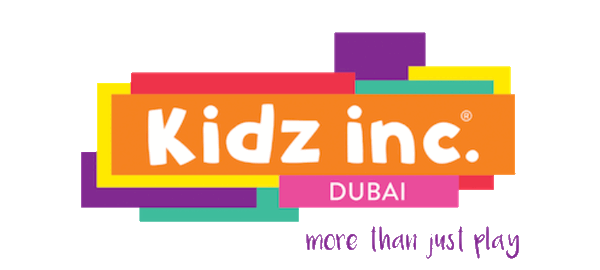In the ever-evolving landscape of early childhood education, one principle reigns supreme: children learn best through play.
This foundational belief underpins the Early Years Foundation Stage (EYFS) curriculum, highlighting the pivotal role of play in the holistic development and educational journey of young learners.
Let’s delve deeper into why play is indispensable in the EYFS and explore a plethora of activities that exemplify its transformative potential across various domains of development. At its core, play is the natural language of childhood—a medium through which children make sense of the world, express themselves, and cultivate essential skills.
In the context of the EYFS, play transcends mere amusement; it serves as a powerful catalyst for learning and growth across multiple dimensions: personal, social, emotional, physical, and cognitive. Central to the philosophy of the EYFS is the belief that children learn best through active engagement and hands-on exploration.
Through play, children are not passive recipients of information but active participants in their learning journey, making choices, solving problems, and discovering new concepts. Whether engaged in building structures with blocks, creating imaginary worlds through dramatic play, or exploring textures and materials in messy play, every playful encounter presents valuable opportunities for learning and development.
Let’s explore some examples of activities that epitomise the ethos of learning through play in the EYFS:
1. Block Play: Providing children with various shapes, sizes, and colours of blocks encourages creativity, spatial reasoning, and problem-solving. As children construct towers, bridges, and intricate structures, they develop fine motor skills, hand-eye coordination, and an understanding of concepts such as balance and stability.
2. Pretend Play: Imaginative play scenarios, such as playing house, setting up a pretend restaurant, or acting out roles in a dramatic play corner, foster social and emotional development. Through role-playing, children learn to take on different perspectives, negotiate roles, and collaborate with peers, thereby enhancing their communication, empathy, and interpersonal skills.
3. Messy Play: Sensory experiences, such as exploring sand, water, paint, or playdough, engage children’s senses and ignite their curiosity. Engaging in messy play activities not only stimulates tactile exploration but also promotes creativity, experimentation, and sensory integration. From squishing, squeezing, and moulding to mixing colours and textures, children embark on sensory-rich adventures that lay the groundwork for cognitive development and scientific inquiry.
4. Outdoor Exploration: Nature provides an abundant playground for learning and discovery. Outdoor activities, such as nature walks, scavenger hunts, gardening, and outdoor games, offer children opportunities to connect with the natural world, engage in physical activity, and develop an appreciation for the environment. Exploring natural elements, observing wildlife, and navigating different terrains promote physical fitness, curiosity, and a sense of wonder. 5. Mathematical Play: Incorporating mathematical concepts into playful activities, such as counting objects during a scavenger hunt, sorting shapes and colours, or using measuring cups and spoons in a pretend kitchen, helps children develop early numeracy skills. Through hands-on exploration and manipulation of mathematical materials, children develop an understanding of mathematical concepts such as quantity, size, and patterns in a meaningful context.
6. Storytelling and Literacy Play: Encouraging children to engage in storytelling, reading books, acting out stories with puppets, or creating their own stories through drawing or writing promotes literacy development and fosters a love for language. Through storytelling and literacy play, children enhance their vocabulary, comprehension, and communication skills while nurturing their imagination and creativity.
In essence, learning through play is not merely a pedagogical approach but a philosophy deeply rooted in the belief that children are active, competent learners capable of constructing their knowledge through meaningful experiences. In the EYFS, play is revered as a cornerstone of early childhood education—a vehicle for fostering curiosity, creativity, and resilience in young learners. As educators, parents, and caregivers, let us harness the transformative power of play to cultivate a generation of lifelong learners who approach the world with joy, curiosity, and boundless enthusiasm.
